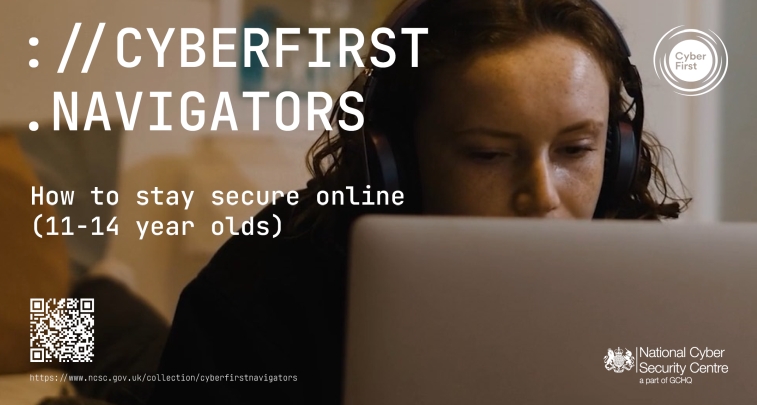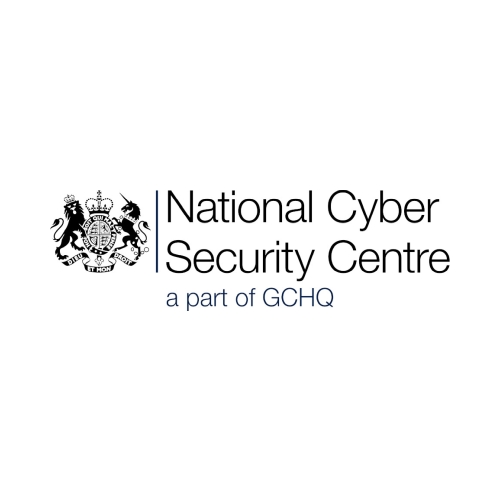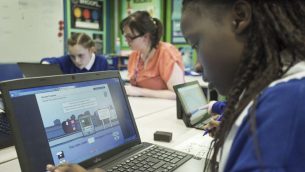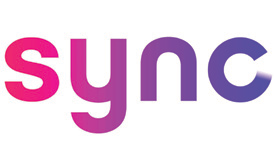Find out how the National Cyber Security Centre can help your students be more vigilant when online
1. An interactive learning experience
Our suite of resources are designed to engage and educate 7- to 11-year-olds and 11- to 14-year-olds with issues around online security.
At the heart of each is a digital resource that brings the concepts to life, making the learning hands-on, interactive and relevant. Best of all, it’s completely free!
2. Three ready-to-use lesson plans
Our digital resources are complemented by a collection of three convenient lesson plans, which build upon the concepts introduced in our interactive game and film.
Students are given opportunities to explore the information and apply guidance across various activities, while deepening their understanding.
Each lesson plan includes a PowerPoint presentation, along with all the necessary resources you’ll need to get started. We hope they will allow you to create meaningful learning experiences with ease.
“Students are given opportunities to explore the information and apply guidance across various activities, while deepening their understanding.”
3. Practitioner resources
The lesson material is accompanied by our comprehensive practitioner resources, which are packed with valuable background information to support your delivery.
The content includes subject matter glossaries, FAQ answers and curriculum mapping for all four nations, together with clearly defined learning objectives and outcomes.
If the content in our packs works well for you, or if there is room for improvement, please help us refine the resources and make them even better by sharing your thoughts via the form available at forms.office.com/e/dissCBqkyx – we really appreciate your feedback.
4. Don’t just take our word for it!
Our online game for KS2, CyberSprinters, has been recognised with three awards at the Learning Excellence Awards. Teachers also have shared positive feedback with us, describing it as an easily accessible resource for online safety lessons, and a valuable tool for child-led learning.
In a survey of over 400 students, an impressive 85% felt more confident about cyber security after playing the game, while 87% expressed a heightened awareness of the importance of cyber security.
Following a taster session for our recently launched KS3 resource CyberFirst Navigators, students commented on how much they’d learnt about the need to create secure passwords and why doing so is so important.
“Following a taster session for our recently launched KS3 resource CyberFirst Navigators, students commented on how much they’d learnt about the need to create secure passwords.”
5. PSHE Association quality assurance
The resources map to the UK Council for Internet Safety’s ‘Education for a Connected World’ framework and there are also clear links to the computing curriculum.
However, we see the quality assurance we’ve received from the PSHE Association as recognition that the internet is now an integral part of everyday life, making cyber security a crucial component of young people’s personal and social education.
This collaboration also means that our resources have been overseen by experienced educators, ensuring their effectiveness in live teaching settings.
- View and download these free teaching resources, plus supporting activities for use at home, via the NCSC website at ncsc.gov.k/cyberfirst/resources
- Teachers can enjoy the flexibility of being able to deliver the content as part of either the PSHE or computer science curriculum
- With their focus on cyber security, these resources provide a unique angle from which to support young people’s grasp of online safety
- Developed by both the UK’s national technical authority on cyber threats and the PSHE association, thus combining subject expertise and educational expertise


















